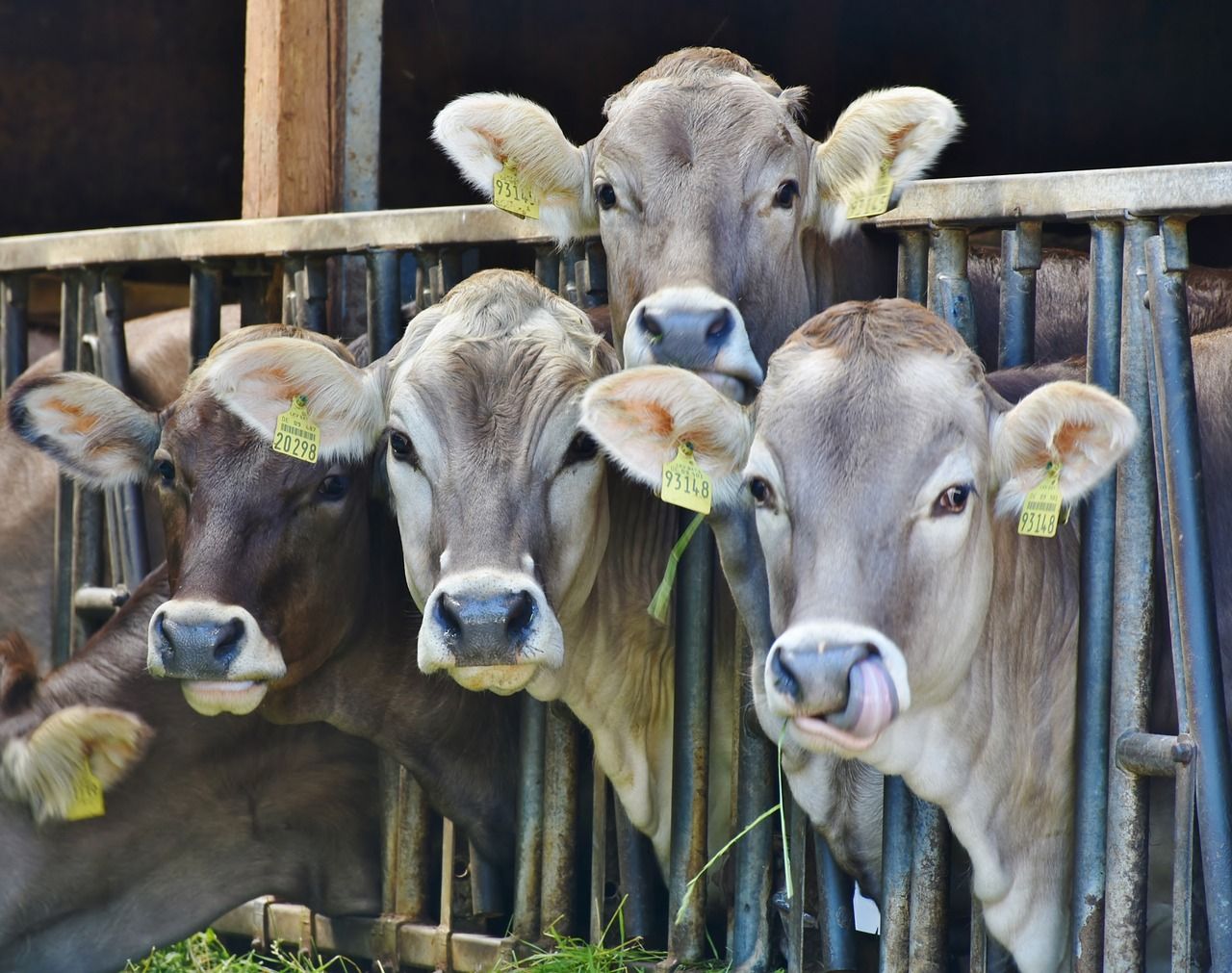Land O’Lakes, the Minnesotan agricultural cooperative and food brand business, has created a dairy entrepreneurship program to support dairy product startups that are at a plateau and have a hard time reaching scale, according to Patrick Aaberg, marketing director innovation, and new business development at Land O’Lakes.
Following a similar structure to other accelerator programs in the sector, the Dairy Accelerator will consist of a three-month boot camp in the Twin Cities area focusing on brand building, financing, manufacturing, distribution, sales, and leadership development. Each team is slated to receive a $25,000 stipend and at the program’s end, each startup will have a chance to pitch their product before Land O’Lakes executive team.
The timing may be just right for this fresh take on the industry. The dairy space has changed quite a bit in the last decade, which Patrick Aaberg, marketing director innovation and business development at Land O’Lakes attributes in part to consumers’ evolving taste preferences and various trends in health education.
“The primary driver within the dairy industry has been consumers looking for healthy, wholesome, clean label products. We are a perimeter category that is perceived as less processed and fresher than some other categories,” he explains.
On a positive note, butter has reemerged as a staple with consumers questioning the health benefits of processed alternatives like margarine. Greek yogurt is also a hot product, according to Aaberg.
But there are some clear challenges too.
Are Dairy Alternatives a Threat?
According to one report, dairy milk sales declined 7% in 2015 and will likely continue to drop another 11% by 2020. Meanwhile, sales of dairy milk alternatives like nut-based milks and yogurts grew 9% during 2015, totaling nearly $2 billion. Perhaps more significant is the report’s conclusion that 49% of Americans consume non-dairy products, including 54% of children under the age of 18.
When it comes to consumer perceptions, swapping to non-dairy products doesn’t seem to be fad driven. The same study revealed that a primary driver behind the dairy alternative industry’s growth is the commonly held view that these are better-for-you products. Roughly 70% of folks polled in the survey believe that non-dairy milk is a healthier choice for children.
While many of these alternatives include nut-based products, there are also a small number of young companies aiming to replicate dairy products without using a cow, shifting the dairy paradigm. These plant-based or cultured alternatives as particularly popular with venture capital investors as well as food industry stalwarts.
In June 2016, plant-based dairy alternative company Kite Hill completed an $18 million round led by 301 INC, General Mills’ new business development and venturing unit, and CAVU Venture Partners. The startup combines natural ingredients and patented biochemistry with traditional cheese- and dairy-making techniques to create alternative dairy products like cheese.
Plant-based milk maker Ripple Foods has raised funding from high-profile venture capitalists like Google Ventures and Khosla Ventures.
The Legal Challenge to Dairy Alternatives
The dairy industry has responded to this new competition through revamped marketing campaigns, and it has also tapped the legal system. Introduced in January 2017, the DAIRY PRIDE Act would require the FDA to adopt a standardized definition of milk limiting it to products “obtained by the complete milking of one or more hooved animals.” Proponents of the legislation argue that it would prevent consumer confusion and preserve the milk and milk product’s nutritional profile, stating that dairy alternatives are not comparable to dairy products in many cases. Currently, the FDA defines milk as “lacteal secretion obtained by the milking of one or more healthy cows.” Although this definition already excludes dairy alternative products, the bill’s backers are wanting the FDA to amp up its enforcement of this term and to give it a makeover.
Dairy alternative companies, on the other hand, suggest that the legislation would do more harm than good. VP of marketing at alternative dairy company Daiya Foods Michael Lynch recently told Forbes that the labeling scheme would create more confusion for consumers, suggesting that consumers are already sufficiently familiar with the dairy and non-dairy labeling landscape.
Land O’Lakes to the Rescue?
Aaberg hopes that the accelerator will enable the cooperative to encourage and nurture innovation in dairy products, particularly relevant in the face of these challenges.
“Part of why we launched this program is to influence the conversation around dairy and innovation in new thinking in this space,” he tells AgFunderNews. “Our primary goal in this first year is supporting the growth of the dairy industry, primarily by targeting small entrepreneurs who need assistance getting to that next level of scale.”
The Dairy Accelerator will allow Land O’Lakes to have a focused engagement with these companies while lending their expertise so the companies can move quickly. He’s also hoping the entrepreneurial spirit will rub off on the company as a whole.
There are a few selection criteria, beginning with the requirement that each company focuses on dairy as its primary ingredient excluding butter. The company must also generate at least $200,000 in revenue each year. When sifting through the slew of applications its sure to receive, Land O’Lakes will assess market potential, current performance, and each company’s history.





